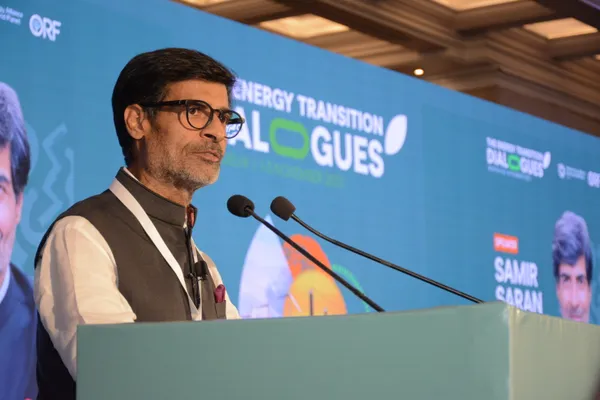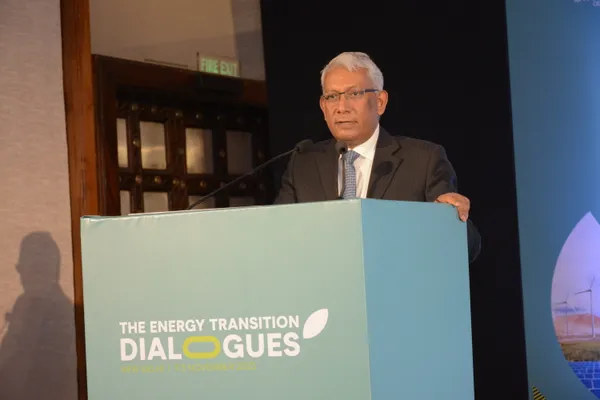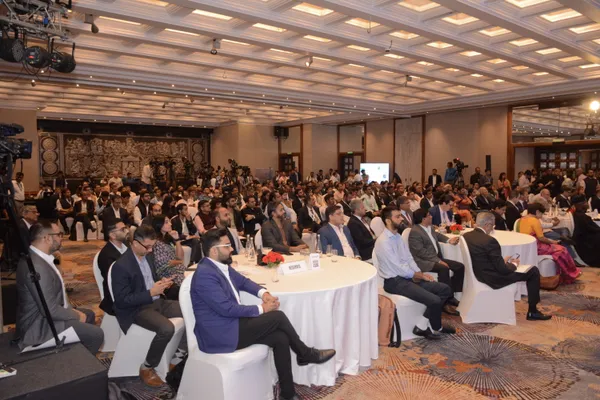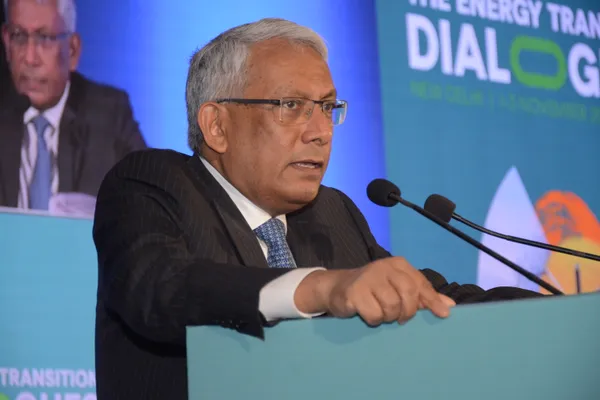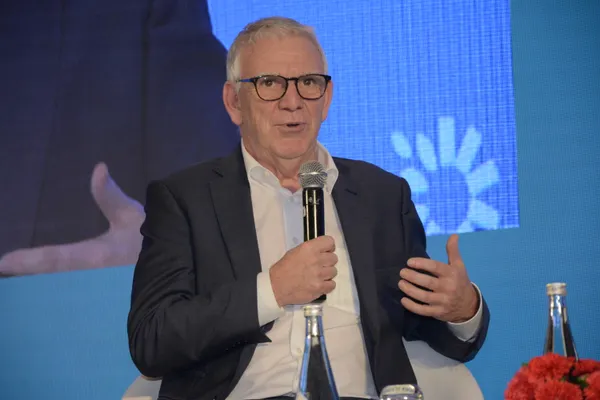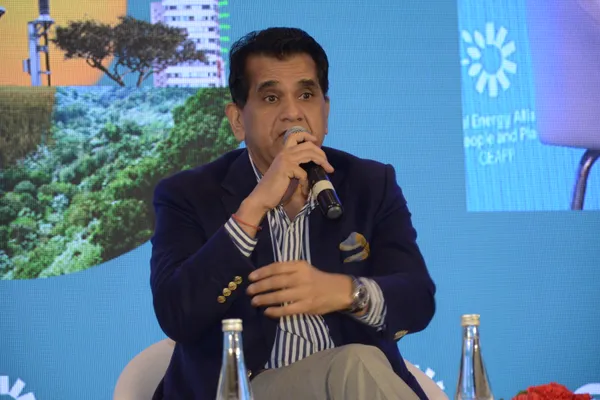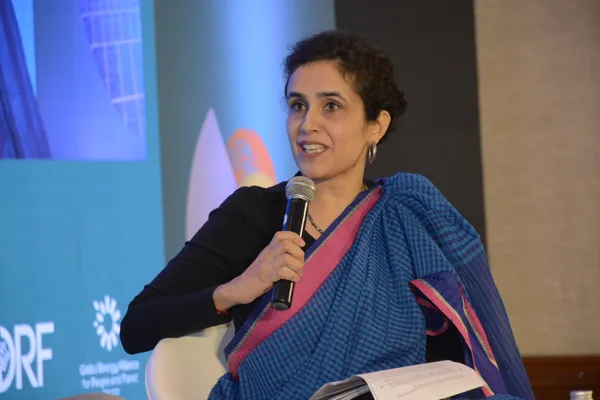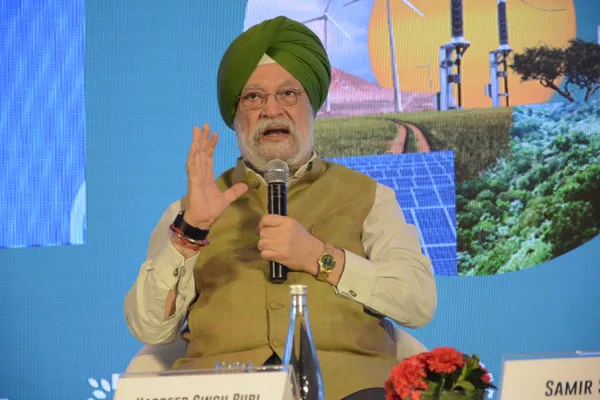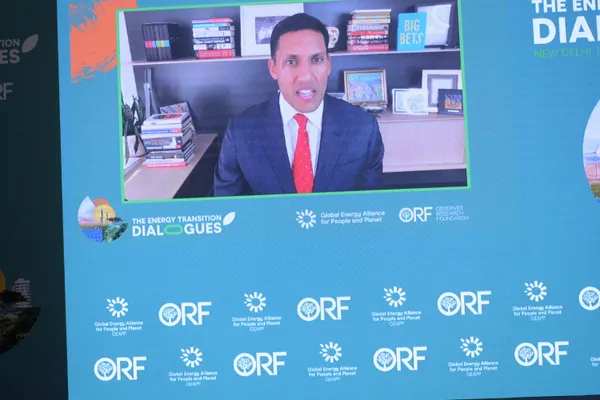

Energy transition in the Global South represents a pivotal and complex journey towards sustainable, low-carbon, and equitable energy systems. Amidst development challenges and energy access disparities, these countries recognise the need to move away from fossil fuels to achieve climate resilience and energy security. This transition entails multifaceted efforts, including the expansion of renewable energy sources, enhancement of energy efficiency, and the deployment of innovative technologies. Moreover, the transition is intimately tied to social and economic development. It must seek to empower marginalised communities, create employment opportunities, and improve living standards for all. This will require mainstreaming people’s aspirations into the discussions around energy transitions and plan forward-thinking interventions, that go beyond energy policy alone, to ensure the energy transition is inclusive and prosperous.
It is also clear that it will be near impossible for developing economies to achieve this transition with domestic resources alone, the international community will have to step up its effort to support both in terms of finances and technology.
In this context, The Energy Transition Dialogue 2023, will convene both domestic and international stakeholders to critically assess prevailing narratives surrounding inclusive energy transitions. The Dialogue will gather thought-leaders, policymakers, and experts from the private sector, financial services and civil society to deliberate and devise solutions to these critical issues with the objective to advance a people-positive energy transition in the Global South, with a specific focus on India.
The roadmap for advancing renewable energy (RE) and battery energy storage system (BESS) ambitions, targeting a substantial annual capacity of 50 gigawatts until 2030, is multifaceted. This will entail the development of regulatory and policy frameworks that facilitate higher ambition levels and support innovative business models in the sector. Furthermore, there should be specific emphasis on expanding RE capacity through diverse channels, including rooftop installations, ground-mounted decentralized systems, and the democratization of energy generation. Additionally, the roadmap must highlight the exploration of offshore wind energy, floating solar projects, and wind-solar hybrid systems as crucial components of a comprehensive energy transition strategy.
Efforts to enhance energy efficiency in the industrial sector will be contingent on innovative business models and regulatory incentives. A key focus area is the promotion of sustainable cooling practices to reduce energy consumption. Additionally, energy efficiency initiatives must extend to the micro, small, and medium-sized enterprise (MSME) sector, where targeted measures can optimize energy usage. These endeavors must also include improving the energy efficiency of equipment, resources, materials and appliances used in various sectors. Moreover, energy efficiency programs should be integrated with other policy initiatives, such as renewable energy deployment and energy storage, to create a more holistic approach to energy system transformation. The adoption of demand-side management will also play a pivotal role in driving scalable energy efficiency solutions, effectively managing and optimizing energy consumption across diverse applications.
Identifying pathway and timelines for specific hard-to-abate industrial segments including the fertilizer, cement, iron and steel sectors, will be crucial to achieve national net-zero targets. These efforts must encompasses technology pathways for promoting innovative solutions for reducing carbon footprints in industries. The decarbonization of railways and long-haul freight transport stand as prominent levers for reducing carbon emissions in the transport sector. Financing strategies for electric vehicles (EVs) will also play a vital role in accelerating the adoption of greener transport options, with a particular emphasis on innovations like battery swapping and Battery as a Service (BaaS) models. Additionally, a comprehensive roadmap must outline the integration of green hydrogen as a fuel source for transportation.
The modernization of the grid encompasses a multifaceted approach, including efforts to enhance grid stabilization, renewable energy integration, and green transmission corridors. Leveraging advanced digital technologies like Artificial Intelligence (AI) and Machine Learning (ML) to optimize Demand Response (DR) and Time of Day (ToD) programs will become crucial to reduce costs and energy losses. Governance reforms within utilities are vital to enhance their operational efficiency and financial viability during the transition to a sustainable energy landscape. Capacity development efforts are increasing directed towards utilities in states, empowering them to harness Distributed Renewable Energy (DRE) sources, both in the form of rooftop and ground-mounted installations, to accelerate the transition to cleaner energy alternatives. However, it must be emphasized that transition finance initiatives will play a pivotal role in enabling the financial viability of utilities while aligning with cleaner energy goals.
To effectively manage the transition to cleaner energy systems, a range of risk mitigation instruments, such as insurance and guarantees, will play a crucial role in reducing the uncertainty associated with renewable energy investments. Additionally, blended finance instruments that combine concessional and commercial finance to make projects more financially viable should be prioritised. Collaborating with Multilateral Development Banks (MDBs) and leveraging private capital can provide the financial resources necessary for large-scale renewable energy projects. Philanthropic capital can also be mobilized to support initiatives that address energy transition challenges, especially those that have a significant societal impact. Furthermore, venture capital investment can be harnessed to support startups and innovative technologies that are crucial for a successful energy transition. These efforts can collectively contribute to a comprehensive approach for financing and promoting cleaner energy alternatives.
Fostering an inclusive approach to the energy transition requires a focus on skilling, entrepreneurship development, and the creation of green jobs. This includes strategies for upskilling and training the workforce in industries like coal mining and thermal power, and ensuring that employees have the skills needed for new, cleaner energy sectors. It necessitates the mainstreaming of the idea of ‘people positive’ transitions into the conversation around energy to ensure that the new energy economy aligns with the nation’s development goals. This means putting considerations of energy access, employment, affordability, equity, and inclusion at the heart of the energy transition process. It calls for a multifaceted approach that promotes sustainable economic growth and ensures a just and equitable energy transition.
Minister of Petroleum and Natural Gas & Minister of Housing and Urban Affairs, Government of India,
